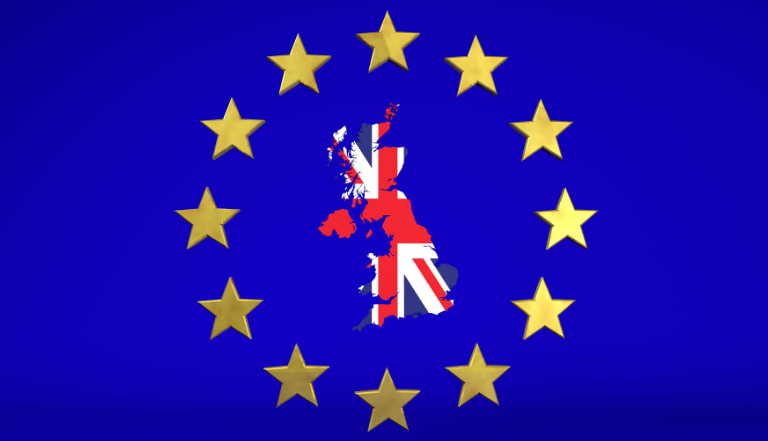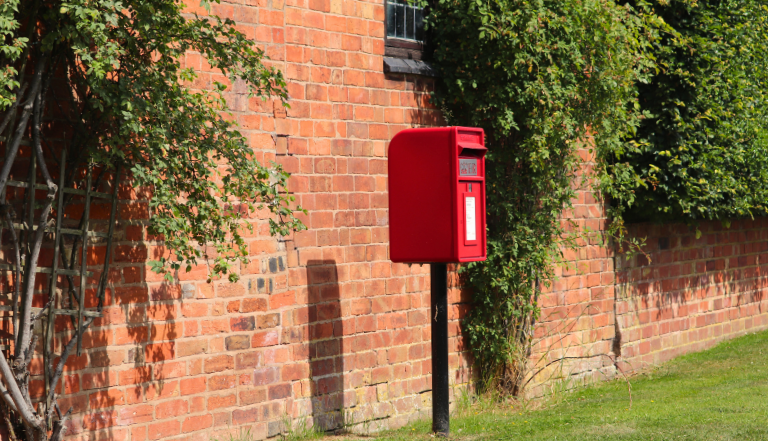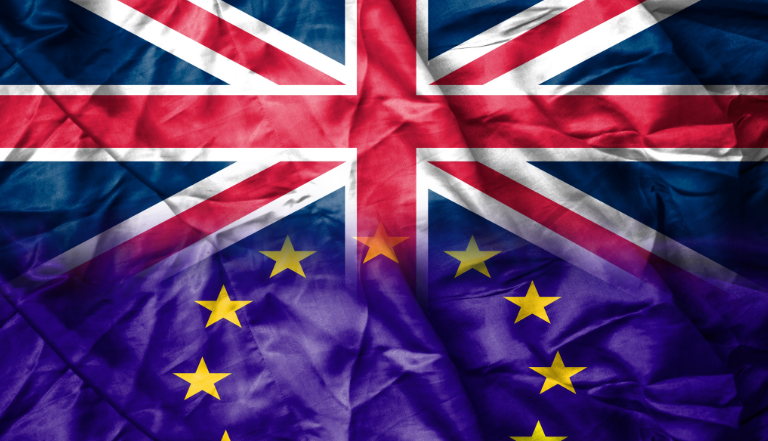On 26 July 2021, the UK Court of Appeal issued its judgment in the long-running trade mark battle between Sky and SkyKick. This has been one of the most eagerly awaited decisions for brand owners in the last few years. The Court of Appeal has reversed the decision of the High Court that Sky’s trade marks were invalid on the ground of bad faith because the specifications were too broad. This is a decision that is likely to be welcomed by many brand owners but as we discuss below does potentially contribute to the issue of cluttering of the register especially in certain classes.
Background
In 2018, Sky brought proceedings for trade mark infringement and passing off against SkyKick in relation to its cloud migration, cloud backup and cloud management services. SkyKick denied infringement and counterclaimed for a declaration that Sky’s trade marks were invalid due to: (i) the specifications of goods and services lacking clarity and precision; and/or (ii) the applications being made in bad faith. Mr Justice Arnold (as he then was) heard the case in the High Court. He delivered a detailed judgment, and referred some key points to the CJEU.
In January 2020, the CJEU confirmed that: (i) lack of clarity and precision in a specification was not grounds for a declaration of invalidity; and (ii) a trade mark may be wholly/partially invalidated for bad faith if there was no reasonable commercial rationale for the application.
The High Court ruled on the basis of the CJEU decision in June 2020, finding Sky successful in its claim for trade mark infringement. Sky’s passing off claim was dismissed, and the court also found that Sky had applied for some of its trade marks in bad faith, as they had no intention to use their trade marks for all of the specifications applied for.
Both parties were granted permission to appeal and did so:
- Sky appealed against the finding of partial invalidity and consequent restriction on the specification of their trade marks, and the dismissal of the passing off action; and
- SkyKick cross-appealed against the findings of infringement; and argued for a further restriction of Sky’s specifications.
Decision
The Court of Appeal reversed the finding of partial invalidity on the basis of bad faith against Sky. The court found that Sky’s trade mark applications were made in relation to goods and services for which Sky had a “substantial present trade and a future expectation of trade”, and not with the sole intention of obtaining an exclusive right to stop third party use. Sky’s “particularly prolific” expansion and extensive brand recognition could justify broad protection.
The court examined the core reasoning of the first instance judgment in relation to bad faith, which relied on two principal conclusions:
- in relation to “some goods and services covered by the specifications” Sky did not intend to use the trade marks at the application dates and there was no foreseeable prospect that they would ever do so (“the no prospect of use conclusion”); and
- the marks were applied for pursuant to a deliberate strategy of seeking very broad protection, regardless of whether it was commercially justified (“the broad strategy/no justification conclusion”).
In relation to first conclusion, the court found that having no prospect of using a mark in relation to every conceivable sub-division of a category (such as computer software) was not necessarily a relevant or objective indication of bad faith. It would be different if Sky had no intention to use the marks for a specific category at all.
In relation to the second conclusion, the court found that an applicant for a trade mark does not have to formulate a commercial strategy for using the mark in relation to every species of goods or services falling within a general description to avoid an accusation of bad faith. An applicant is entitled to say “I am using the mark for specific goods falling within description X. I have no idea precisely where my business in goods of that description will develop in the next 5 years, but there will undoubtedly be more such goods than there are now.” i.e. an applicant with one item of computer software can apply in good faith for computer software as a whole.
Sky’s appeal against the dismissal of the passing off action was refused. SkyKick’s cross-appeal on partial validity was dismissed, and its cross-appeal on infringement was rendered moot by the result of Sky’s appeal.
Comments on the judgment
This is a welcome judgment for trade mark applicants, providing some clarity on the question of whether a broad specification of goods and/or services is preferable to one that is more narrowly defined. It gives comfort that broad filings may be made without the risk of invalidation for being filed in bad faith. However, the door has been left open to a finding of bad faith in cases where there is no intention to use the marks for a specific category at all. Specifications still need to be carefully drafted to ensure that they bear a relationship to the business the applicant is already in or has some prospect of entering in the future.



